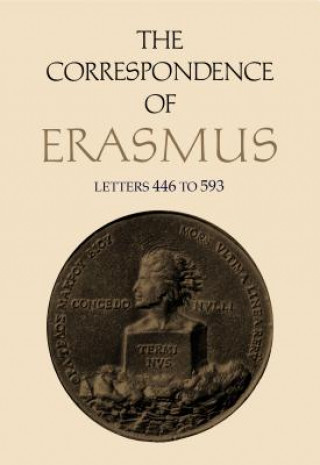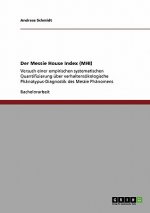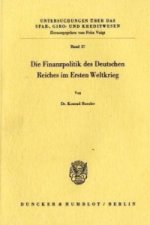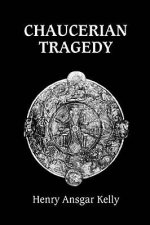
Kézbesítés
Vásárlási tanácsadó





Nem vált be? Semmi gond! Nálunk 30 napon belül visszaküldheti
 Ajándékutalvány
bármilyen értékben
Ajándékutalvány
bármilyen értékben
Ajándékutalvánnyal nem nyúlhat mellé. A megajándékozott az ajándékutalványért bármit választhat kínálatunkból.
Correspondence of Erasmus
 Angol
Angol
 289 b
289 b
30 nap a termék visszaküldésére
Ezt is ajánljuk


The year that began in August 1515 was the annus mirabilis of Erasmus' career, the year, notably of the epistles of St Jerome and the first edition of his New Testament. In the months following, covered in this volume of the CWE, from August 1516 to June 1517, the active exchange of letters that began with volume 3 continued, giving a vivid impression of the impact of Erasmus' great achievement upon his contemporaries. In his own words, "The New Testament has made me friends everywhere." To Erasmus, the most important event of these months was intensely private, the dispensation granted by Leo X allowing him to escape permanently from the restraints of his religious community, to earn his living with the freedom of a secular priest. In elucidating the complex circumstances surrounding this crucial development in Erasmus' career, Dr McConica advances a new view of the obscure circumstances surrounding Erasmus' illegitimacy. We are also given Erasmus' thinly veiled account of his boyhood in the "Letter to Grunnius," and, in an Appendix, the closely related account in the Compendium vitae, a vital if controversial document for our knowledge of his early life. In the background are the life and enterprise of the Low Countries. Pursuit of personal promotion, the politics of the Burgundian Court, and the emergence of the young Prince Charles-soon to be Charles V-in the European scene, provide further tuition for the great humanist in the use and abuse of princely power. In this volume Erasmus moves between the Burgundian court at Brussels and the domestic quiet of Pieter Gillis' household at Antwerp, where he was prearing further work for the Froben press at Basel. He is drawn to Louvain but avoids it, fearing a scrutiny of his works by the hostile theologians of the University. The England of Tunstall and More is always at hand, and the letters of volume 4 incidentally provide the most important chronicle for the publication of More's Utopia, over which Erasmus kept a watchful eye. This volume records important developments in Erasmus' many-faceted philosophy, especially in politics and education. There is the sharpest condemnation of princely power beneath the veil of rhetorical courtesy, with classical statements of Erasmus' programme for men of education and Christan principle, the rulers upon whom he rested his hope for the reform of Christiandom. Educated Europe now waited upon Erasmus' words, and, as a French humanist writes, "Words never fail him; and such words!"
Információ a könyvről
 Angol
Angol


 Kapcsolat
Kapcsolat Hogyan vásároljunk
Hogyan vásároljunk























